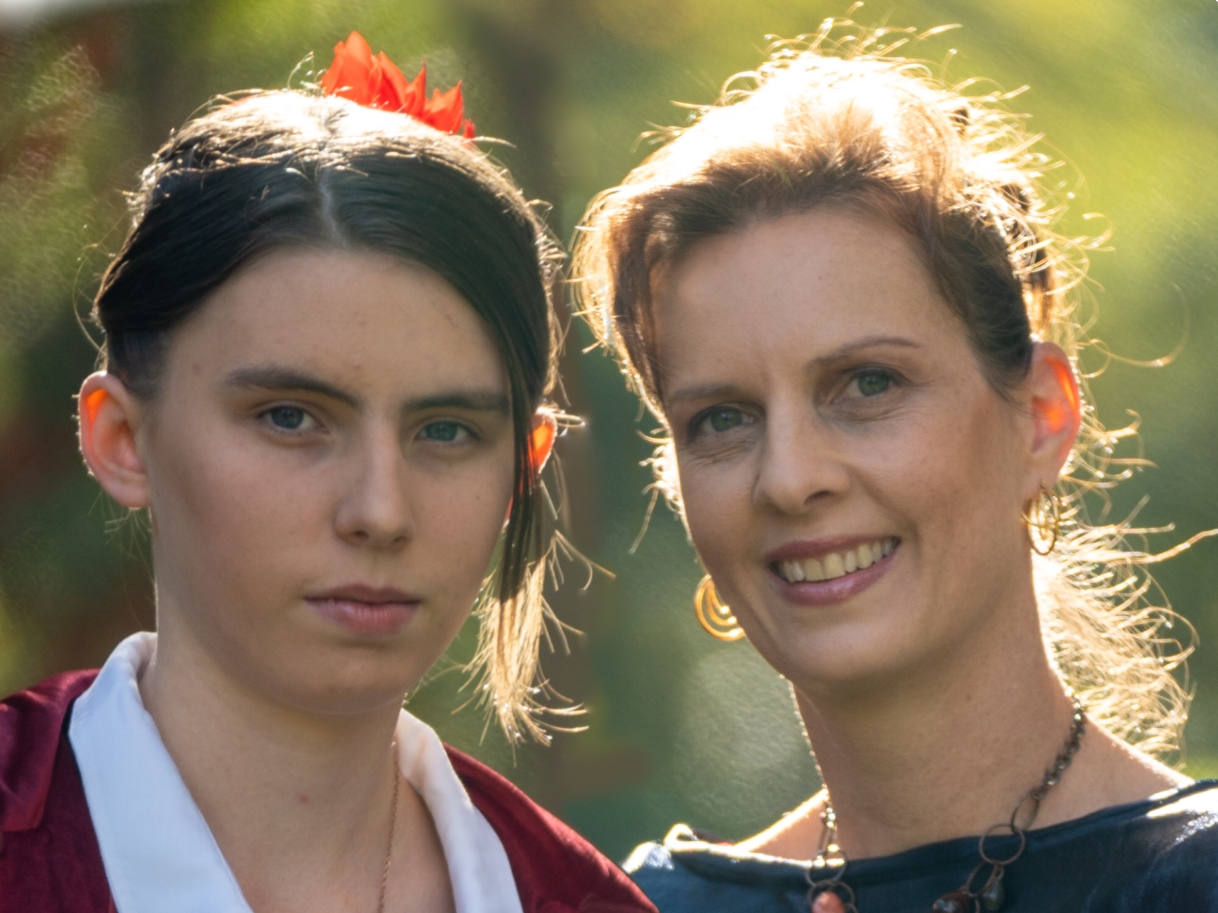Wired for Story: Part 1
.png) Northern Hemisphere summer/autumn is summit season in the author world. I had become kind of cynical about the usefulness of summit workshops, but something nudged me to look into the WorldShift Summit. When I saw the opening talk was Wired For Story by Lisa Cron, I was in.
Northern Hemisphere summer/autumn is summit season in the author world. I had become kind of cynical about the usefulness of summit workshops, but something nudged me to look into the WorldShift Summit. When I saw the opening talk was Wired For Story by Lisa Cron, I was in.
But what I came away with was so much more than story theory—it was validation.
This may surprise you, but facts are quite ineffectual at convincing most of us of anything. Instead, they activate our defence mechanisms or reinforce what we already believe. You’ve probably seen this in practice when trying to talk to your spouse or kids—or by watching politicians. No amount of reasoned argument seems to make a difference when their opinion is entrenched.
A well-crafted story, however, anaesthetises the part of the brain that wants to fight, delivering a pleasurable cocktail of dopamine, cortisol and oxytocin. This doesn’t make us mindless—we can absolutely reject stories that don’t align with our values—but we are wired to listen to them. To give them a hearing. Our brain does this because learning from the experiences of others—feeling what they felt vicariously—was critical to our survival.
What this means is that contrary to our Western/Platonic ideas of reason being superior and emotion inferior, therefore necessitating the removal of all emotion from our decision-making, all our decisions are actually rooted in emotion—even those we try very hard to make objectively!
Lisa posits (and I agree) that Plato was wrong, and that reason and emotion were always meant to work together, not in opposition to each other.
This does not mean that emotion-driven decision making is good, but rather that we are whole people, and trying to split one part of ourselves off from the others doesn’t work, because our emotions are what imbue our decisions with meaning.
Lisa illustrated this with the story of a genius who required a tumour to be removed from his pre-frontal cortex. Afterwards, he still tested 97% on intelligence tests, but he couldn’t make a decision, because it turned out the bit of his brain that connected his emotional centre to his rational centre had been removed. He’d basically lost the ability to assign meaning to anything, so the fact that his boss was counting on him to complete a certain project didn’t factor anymore!
So, back to the validation.
I have an engineering background, so I am no stranger to logical thinking, but I hold some beliefs very passionately. There is reason behind them, and evidence, but because I get fired up about them, my intelligence is disparaged and I get belittled—particularly by the men in my life.
But being able to feel strongly about decisions isn’t a weakness, it’s the very thing that allows us to make the really difficult decisions. The ones that involve sacrifice, and don’t necessarily make ‘logical’ sense—like putting ourselves in the line of fire, standing up to someone more powerful than we are, trusting our intuition, or giving up our position.
And that’s exactly why we seek stories. We love to see characters wrestling with problems and finding the courage to change and grow.
It’s funny, because we consciously go to stories for the emotion, but unconsciously to learn, and we consciously seek out facts to learn, but unconsciously we are looking for an emotion (usually reassurance, vindication or belonging).
Reason and emotion are supposed to balance each other, and when we deny the importance of one, it leaves us blind, not enlightened. I, as a woman, am not inferior because I am more aware of my emotional landscape than my male counterparts. My opinions are not less valid or sensible.
Realising this liberated me from an oppression I’d always felt but couldn’t name.
And made me grateful for the struggle that led to that discovery. That part of my story is so much more meaningful now.


